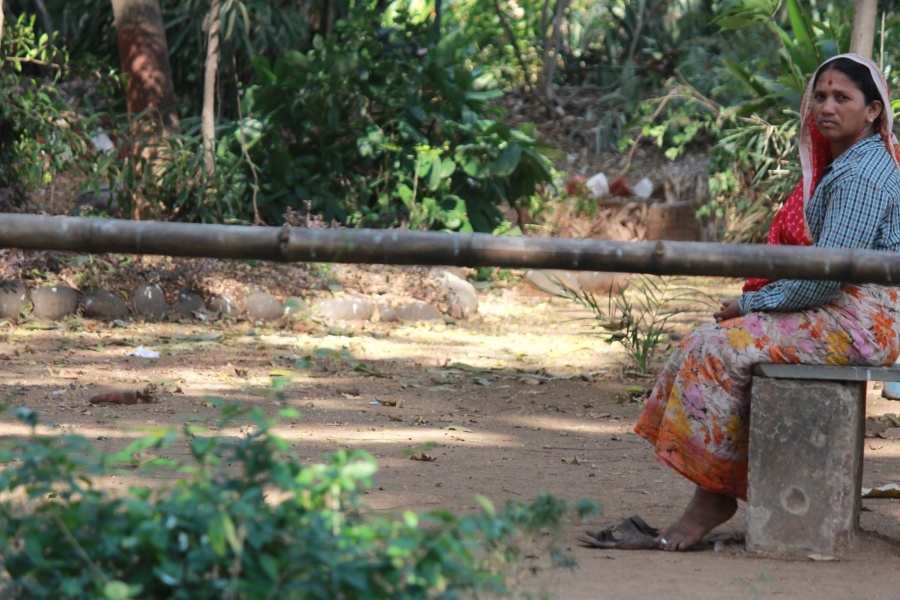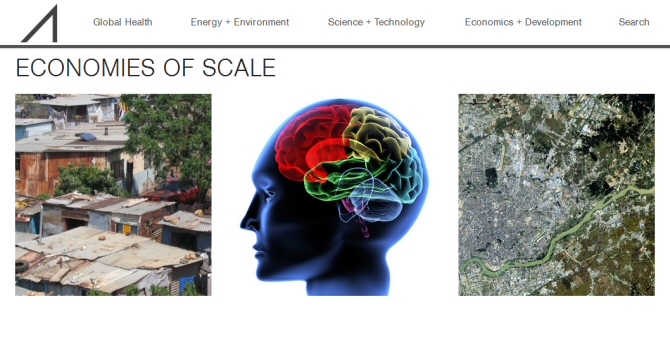In his latest article Dr Elliott Green looks at the role of “Precolonial Political Centralization and Contemporary Development in Uganda”. Below is a summary of the article, the full text can be found in the journal Economic Development and Cultural Change
The role of precolonial history on contemporary development has become an important field of study within development economics. In particular many scholars have suggest that precolonial political centralization has had an impact on contemporary levels of development within Africa. In this paper my co-author Sanghamitra Bandyopadhyay (from Queen Mary University of London) and I examine the role of precolonial political centralization on contemporary development outcomes with detailed subnational data from Uganda. We use a variety of data sets and obtain two striking results. First, we find that precolonial centralization is highly correlated with modern-day development outcomes such as GDP, asset ownership, and poverty at the subcounty, district, and individual level; additional results using an instrumental variable approach confirm this finding. This finding thus confirms earlier findings from other authors that show a link between precolonial political centralization and various measures of development. Second, we find that public goods such as immunization coverage and primary school enrollment, as well as perceptions of local government quality, are not correlated with precolonial centralization, which actually goes against previous findings on this topic. These findings are thus consistent with a correlation between precolonial centralization and private rather than public goods, thereby suggesting the persistence of poverty and wealth from the precolonial period to the present. We speculate on the mechanism of this persistence, but suggest that it may involve conflict, the slave trade and the inability of postcolonial states to eliminate pre-existing regional inequalities, among other factors.
Dr Elliott Green is an Associate Professor of Development Studies in the LSE Department of International Development. His co-author on the paper, Dr Sanghamitra Bandyopadhyay, is a Senior Lecturer in Economics at Queen Mary University, London





